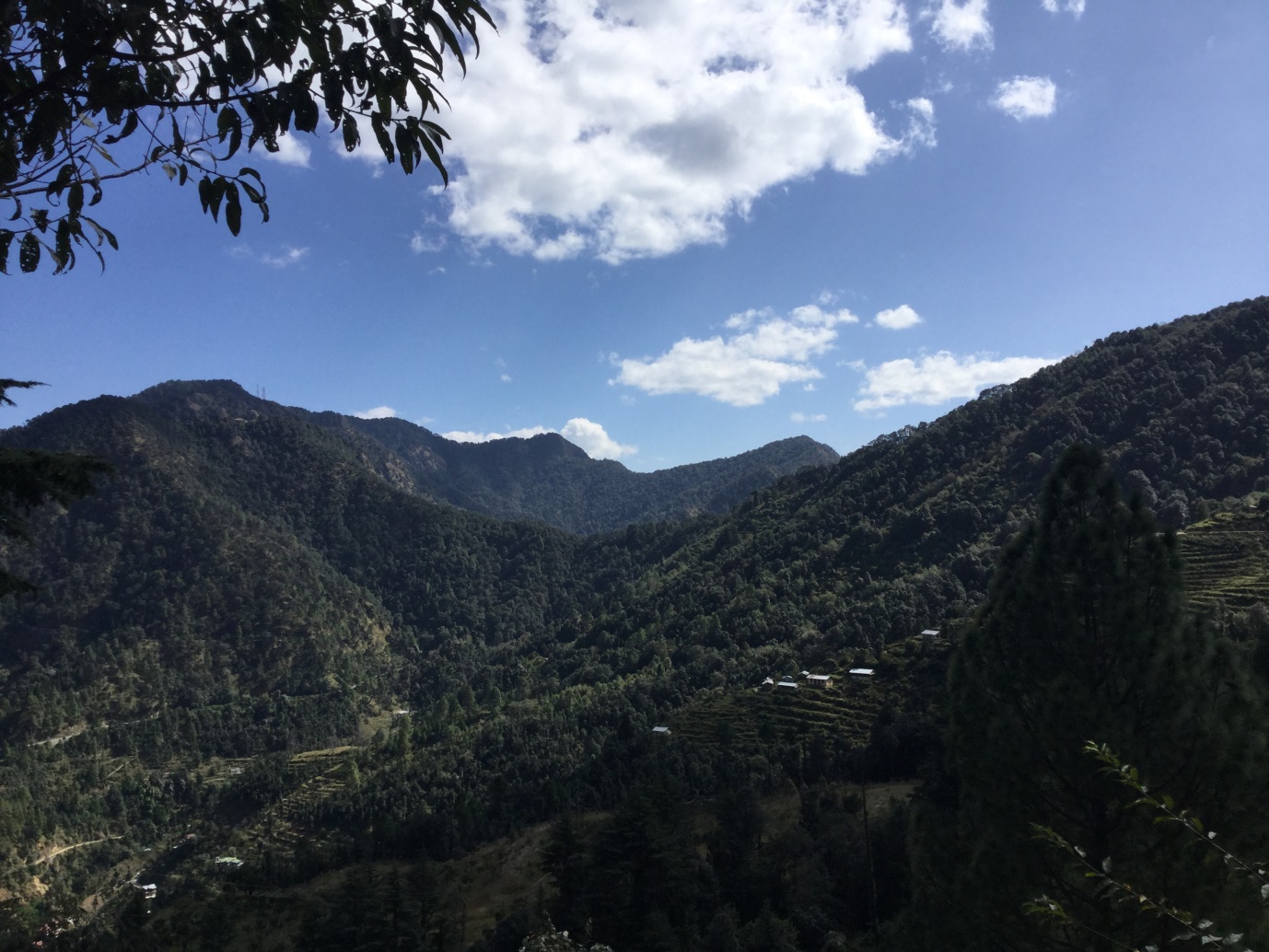The biggest hope for resolving life-threatening environmental problems of our planet increasingly rests now not with the world-level political leadership, which has failed miserably in many critical contexts, but instead with those highly committed environmental activists who have many significant achievements to their credit despite working in the middle of many difficulties. Alas, even they too are often grim today instead of being enthused because of the rather overwhelming conditions of world which force environment protection to go two steps backward even when the activists and movements achieve the difficult task of moving one step ahead.
Hence the environment movement as it exists today at world level may be very good in itself but it is not good enough and big enough yet for the big challenges which confront it. The big challenges amount to nothing less than a survival crisis. Hence the environment movement needs to have a much broader base, of many more people, in order to prove equal to the enormous challenges which confront it.
When as a young reporter I started visiting Himalayan villages and several tribal communities of central India, I saw again and again the causes which stand in the way of the environmental movement getting the broad base of a very large number of people. The conservation efforts often have an elitist orientation—carving out huge forest areas (which itself may be corruption-ridden) while ignoring or pushing into background the livelihood rights and concerns of people who had been living here all the time. How can people get involved in those efforts which marginalize and alienate them? On the other hand, I also noticed that when efforts were made to integrate environment protection with livelihood and land rights, then very good results were achieved.
Later when I was covering climate change related issues, what struck me as the most glaring omission was the inability, or perhaps even unwillingness, to relate the global efforts to cut GHG emissions closely with meeting the basic needs of all people. If this is done, then this can be the most effective means of involving hundreds of millions of hard-working people in climate change adaptation and mitigation. Instead even afforestation work which is best taken up by cooperatives of rural landless people all over the world is being outsourced to corporate entities as a part of their profit maximizing strategies, and hence gets badly distorted to monoculture plantations.
As a rather poor substitute of a true justice based approach, all that the richest countries together could offer to the Global South was a measly $100 billion a year climate fund which they have not properly mobilized yet despite over a decade of promises, even though they could mobilize such an amount very quickly for supplying deadly weapons to Ukraine when considerations of fighting a proxy war were involved. At the same time their annual military budget is about 15 times as high, and their combined spending on various intoxicants alone is over 10 times this amount.
Hence clearly justice at the ground level as well as at the international level should be a major concern for the environment movement, and if justice and environment protection concerns can be integrated, if the movements of justice and environment protection can be closely integrated, then this will be a big contribution for increasing the effectiveness and strength of both.
As a part of this integration, if global plans which link basic needs of all people with the required reductions in GHG emissions can be prepared, then such an honest exercise can be truly an eye opener in terms of awakening the world to the reality that there is actually no carbon or GHG space available for weapons, wars and high-luxury life-styles; hence a very strong case for non-consumerist life-style and peace and for a world without wars and weapons would be established. One can understand why the richest people and big lobbies like those of the weapons industry will try to stop such an honest exercise, but the environment movement must push for this.
Hence the case for the objectives of environment protection and peace to be integrated is also becoming stronger by the day as it is increasingly realized how heavily polluting wars, war-preparations and weapon industries are. There is thus a very strong case for the movements of environment protection, justice and peace to work together so that they can add to the strength and effectiveness of each other to create a world based on justice, peace and environment protection. This will be of great help in resolving the survival crisis which is endangering the life of all future generations. To contribute to these objectives, the demand for declaring the next decade 2024-34 as the decade for saving earth should also be carefully considered, if possible at global level, if not then at various other regional levels.
Bharat Dogra is Honorary Convener, Campaign to Save Earth Now. His recent books include Planet in Peril, Protecting Earth for Children and India’s Quest for Sustainable Farming and Healthy Food.














